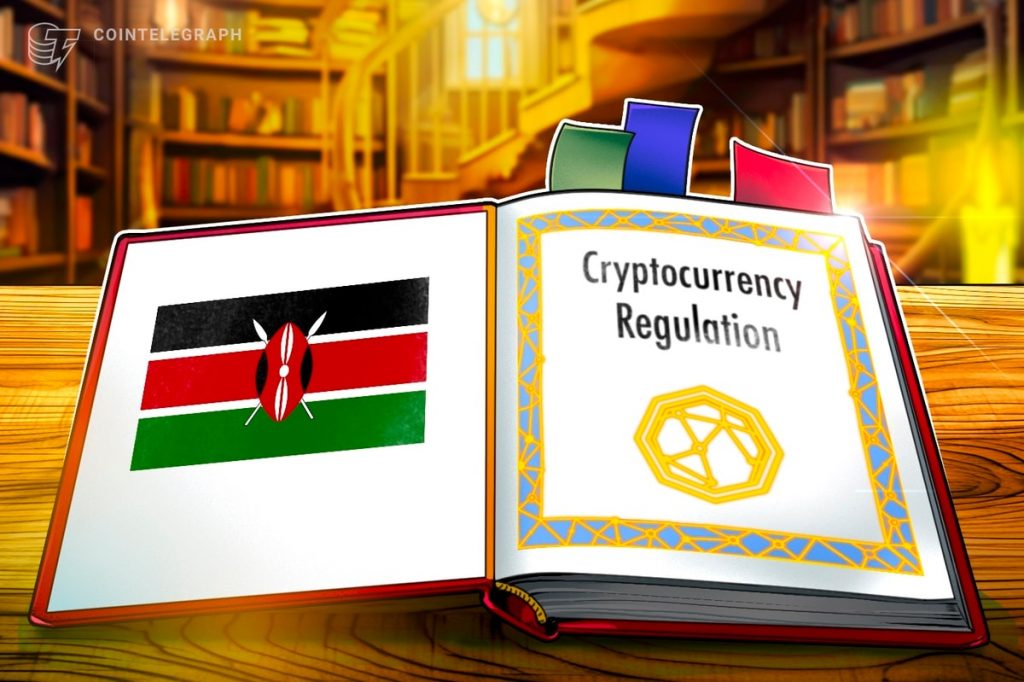
The International Monetary Fund (IMF) has advised Kenya to create a clear, predictable regulatory environment for the cryptocurrency market to protect consumers and address risks related to Anti-Money Laundering (AML) and Combating the Financing of Terrorism(CFT).
On Jan. 8, the IMF released a technical assistance report on Kenya’s crypto regulations following a request from the Capital Markets Authority (CMA) of Kenya.
IMF advises Kenya on crypto regulations
The IMF noted that Kenya relies on dated regulations for traditional markets that have “limited and no legally binding” for crypto markets. As a result, the East African nation has seen an uptick in crypto-related scams and other criminal activity.
During consultations in Nairobi, IMF staff observed a “significant degree of uncertainty and a lack of consensus” among Kenyan lawmakers on regulating crypto assets.
As a result, the financial agency of the United Nations advised Kenya to develop a crypto-regulatory environment that is “aligned with international frameworks and standards.” The IMF stated:
“The development of this framework should consider the unique challenges and opportunities within Kenya’s crypto market, ensuring it is robust, transparent, and capable of fostering innovation while protecting consumers and maintaining financial stability.”
The advice included maintaining compliance with the Bali Fintech Agenda (IMF/World Bank), FATF Recommendations for AML and CFT and the FSB Global Regulatory Framework for Crypto-Asset Activities.
Related: Fire Brigades Association becomes first Kenyan labor union to hold BTC
Aligning Kenya’s crypto laws globally
The IMF also made a series of recommendations for Kenya, focused on addressing the gaps and challenges in the country’s current regulatory framework for crypto assets:
Short-term recommendations (six–12 months) include conducting empirical analysis, establishing collaboration and education among regulatory authorities and clarifying the scope of regulations.
Some of the medium and long-term recommendations (12–24+ Months) include implementing a legal and licensing framework, strengthening supervisory resources and aligning Kenya’s regulatory framework with international standards, among others.
The IMF also recommended that Kenyan authorities move beyond surveys and questionnaires to analyze its crypto market. Additionally, Kenya will also need to clearly define crypto assets under financial laws while avoiding conflicting terms — such as “digital currency” vs. “virtual asset”) to ensure legal consistency.
Lastly, the IMF advised Kenya to engage with foreign regulators to manage risks posed by international exchanges operating in Kenya and foster cross-border cooperation for effective enforcement.
Magazine: Trash collectors in Africa earn crypto to support families with ReFi


